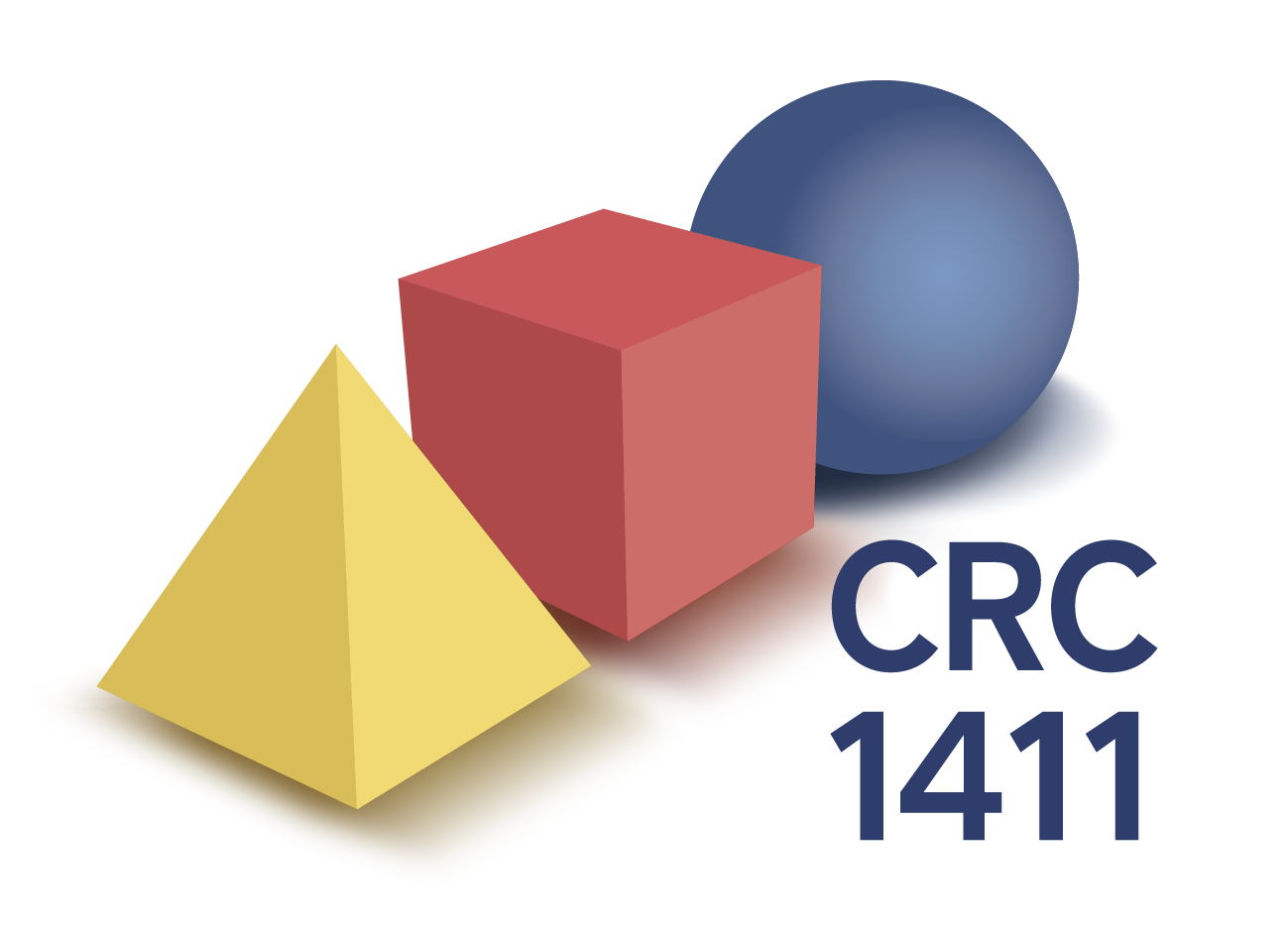International Workshop: Multidimensional Particle Characterisation
Multidimensional particle characterisation is of key importance for the understanding of complex multiphase products across all length scales from molecules to particles, complex materials and devices. Unifying principles for the comprehensive design of particulate products in particular include the characterisation of the particles along the five dimensions of size, shape, surface, structure and composition.
Cutting-edge tomographic TEM- and X-ray-microscopy-based techniques open unique views into the internal microstructure of single particles, particle agglomerations, porous materials and photonic structures on different length scales. Analytical ultracentrifugation with its unprecedented accuracy, resolution and reproducibility allows determination of the band gap vs. size dependencies of quantum dots or the measurement of the full 2-dimensional distributions of plasmonic nanorods in one single experiment. Particle formation processes can be monitored in situ by advanced spectroscopic and scattering techniques to enable the tailoring of particle properties in continuous processes in several reaction setups. Gas phase analytics serve as powerful tool to characterise air born particles as well as particles from liquid phase using spraying technologies.
From 27 to 29 January 2021, the Erlangen Collaborative Research Center 1411 on “Design of Particulate Products”, the Priority Programme 2045 “Highly specific and multidimensional fractionation of fine particle systems with technical relevance” and the LUM company jointly organise an international workshop on multidimensional characterisation of particle systems. Experts from industrial and academic perspectives will review the status quo of multidimensional particle characterisation using state-of-the-art and newly developed methodologies. A special focus is laid upon the identification of key challenges and intersections of the different techniques. The latter is of particular importance, as particle systems of continuously increasing complexity require diverse and multi-instrumental approaches to tackle their multidimensional properties. The scientific exchange between the different experts in the field of particle characterisation will aim in this way for the identification of future prospects of particle characterisation. Overall, the workshop format will promote intense discussions and exchange between the participants and may thus become further the nucleus of future joint activities.
Please note that participation at the workshop is free of charge but mandatory to log into the online event via ZOOM. Access information will be provided to all attendees after the registration deadline on 25.01.2021.
Information: The registration is closed. Please contact Dr.-Ing. Johannes Walter for questions.
Workshop Programme
(All times provided in the programme are at CET – Central European Time)
| 27 January 2021 | ||
| 13:30 – 14:00 | Welcome address by Wolfgang Peukert (FAU), Urs Peuker (TU Bergakademie Freiberg) and Dietmar Lerche (LUM GmbH) | |
| Session 1: Functional nanoparticles and their characterisation challenges | ||
| 14:00 – 14:30 | Characterisation of plasmonic and magnetic NPs for biomedical applications | Thanh Nguyen University College London, UK |
| 14:30 – 15:00 | Development of nano-flow cytometry for the multiparameter characterisation of functional nanoparticles | Xiaomei Yan Xiamen University, China |
| 15:00 – 15:30 | Challenges and solutions for the multidimensional characterisation of plasmonic patchy particles | Robin Klupp Taylor FAU, Germany |
| 15:30 – 16:00 | Integrating single particle and ensemble approaches for the characterisation of plasmonic nanoparticles: Are we there yet? | Laura Fabris Rutgers University, USA |
| 16:00 – 16:15 | Break | |
| Session 2: Gas phase analytics | ||
| 16:15 – 16:45 | Multidimensional aerosol mobility-mass measurements: Application in plasma and colloidal systems | Chris Hogan University of Minnesota, USA |
| 16:45 – 17:15 | Characterisation of aerosol-generated nanoparticles: From ensemble average to single-particle analysis | Maria E Messing Lund University, Sweden |
| 17:15 – 17:45 | Bulk and surface properties of metal nanoparticles and their influence on particle-wall collisions | Alfred Weber TU Clausthal, Germany |
| 17:45 – 18:15 | Density determination for particles of unknown shape by mobility classified mass spectrometry | Christian Lübbert FAU, Germany |
| 28 January 2021 | ||
| Session 3: 3D characterisation of particles and particle aggregates I | ||
| 14:00 – 14:30 | Internal structure and packing of particles: Quantitative morphological analysis and simulations based on electron tomographic reconstructions | Christian Kübel Karlsruhe Institute of Technology, Germany |
| 14:30 – 15:00 | Multidimensional particle characterisation – particle discrete information – application for separation | Urs Peuker TU Bergakademie Freiberg, Germany |
| 15:00 – 15:30 | Correlative laboratory nano-CT and 360° electron tomography: Perspectives for scale-bridging characterisation of particles and pore structures | Erdmann Spiecker FAU, Germany |
| 15:30 – 15:45 | Break | |
| Session 4: 3D characterisation of particles and particle aggregates II | ||
| 15:45 – 16:15 | Electron tomography for the study of intriguing materials science and physics phenomena | Gerald Kothleitner Graz University of Technology, Austria |
| 16:15 – 16:45 | Electron tomography in materials science: From supraparticles to individual atoms | Sara Bals University of Antwerp, Belgium |
| 16:45 – 17:15 | Atomic electron tomography of nanoparticles for magnetic and catalytic applications | Colin Ophus Berkeley Lab, USA |
| 29 January 2021 | ||
| Session 5: Sedimentation analysis for dispersions I | ||
| 13:00 – 13:30 | Multidimensional characterisation of nanoparticles by analytical ultracentrifugation with multiwavelength detection | Helmut Cölfen University of Konstanz, Germany |
| 13:30 – 14:00 | High field stability of ferrofluids for separation of plastics | B.H. (Ben) Erne Utrecht University, Netherlands |
| 14:00 – 14:30 | Identification, bio-corona and lifecycle releases of nanoparticles: Analytical ultracentrifugation and related techniques | Wendel Wohlleben BASF SE, Germany |
| 14:30 – 14:45 | Break | |
| Session 6: Sedimentation analysis for dispersions II | ||
| 14:45 – 15:15 | Approaches for multidimensional property characterisation of particles using sedimentation analytics | Johannes Walter FAU, Germany |
| 15:15 – 15:45 | Progress of analytical centrifugation: Multidimensional characterisation of nanoparticles | Dietmar Lerche LUM GmbH, Germany |
| 15:45 – 16:00 | Closing remarks by Wolfgang Peukert (FAU) | |
